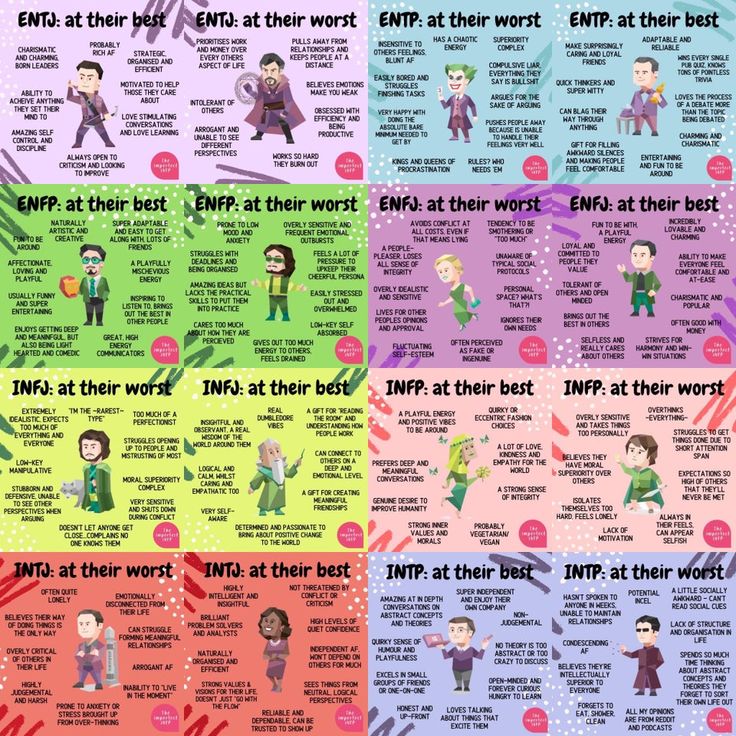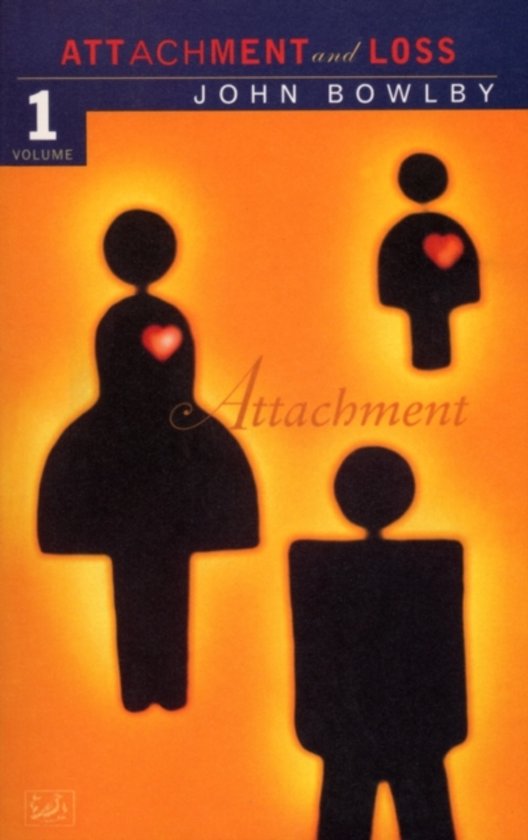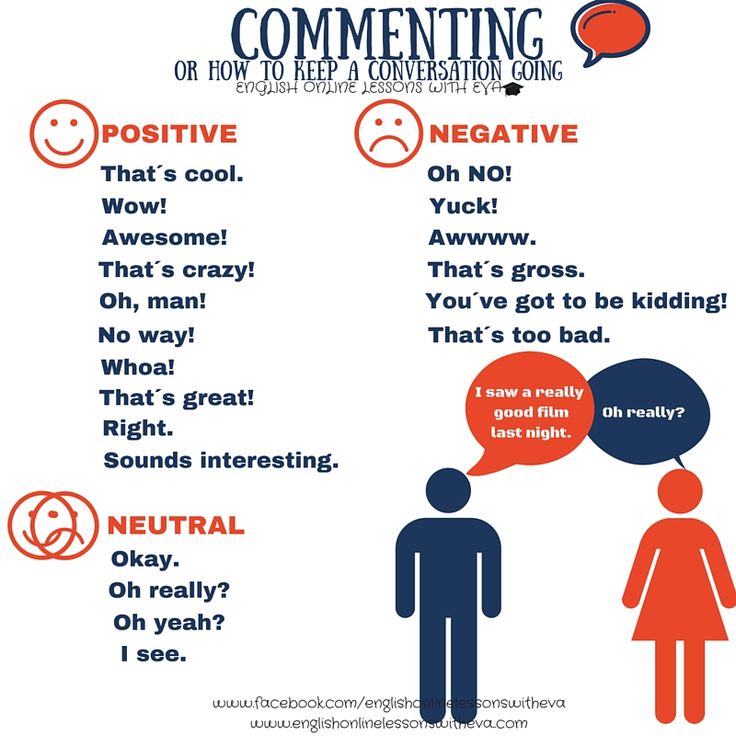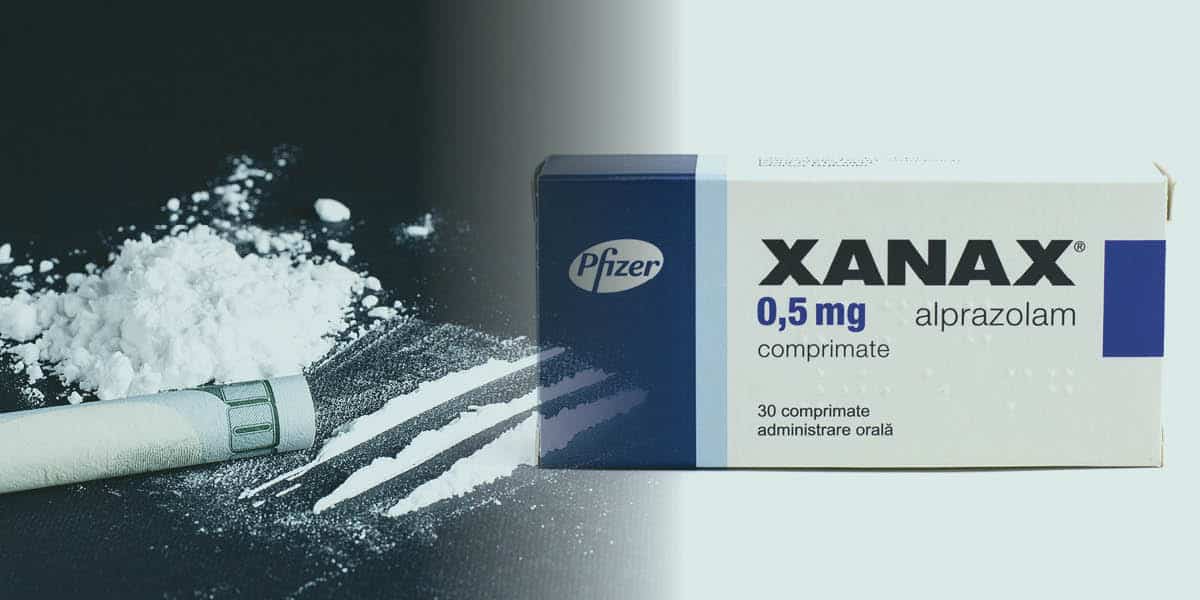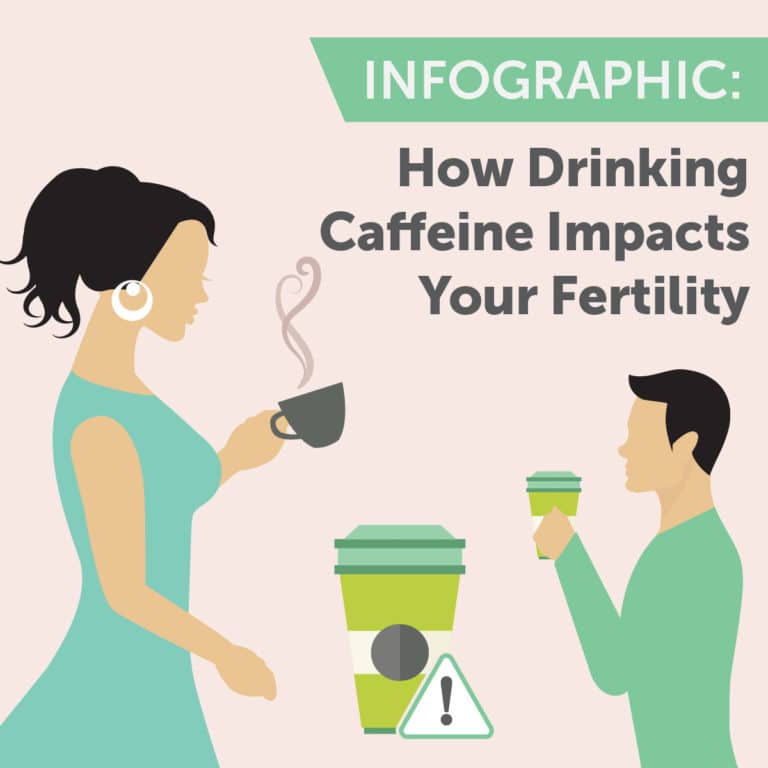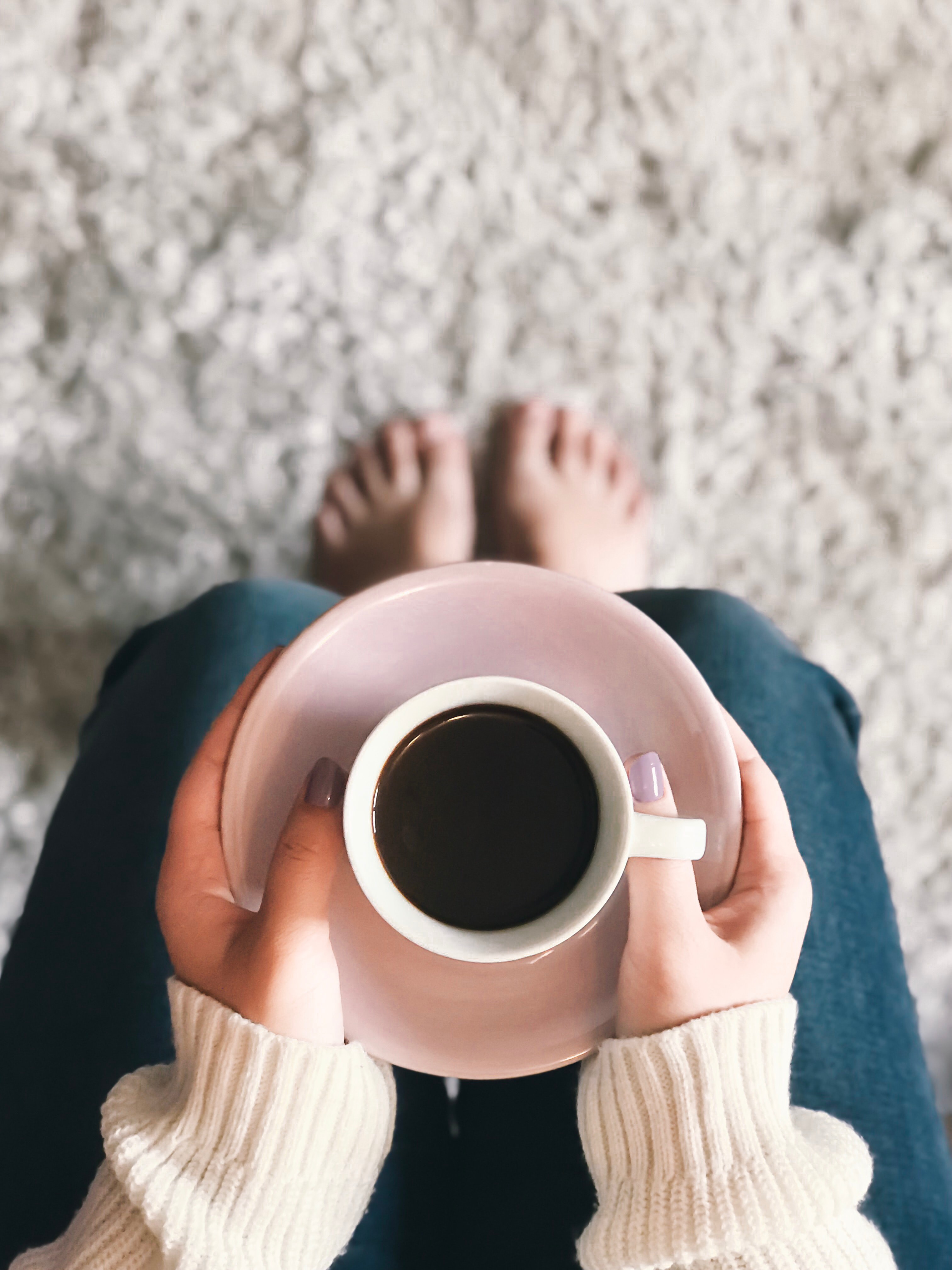How to deal with being tired
Self-help tips to fight tiredness
Many cases of tiredness are due to stress, not enough sleep, poor diet and other lifestyle factors. Try these self-help tips to restore your energy levels.
If you feel you're suffering from fatigue, which is an overwhelming tiredness that isn't relieved by rest and sleep, you may have an underlying medical condition. Consult a GP for advice.
Eat often to beat tiredness
A good way to keep up your energy through the day is to eat regular meals and healthy snacks every 3 to 4 hours, rather than a large meal less often.
Read more about healthy eating.
Get moving
You might feel that exercise is the last thing on your mind. But, in fact, regular exercise will make you feel less tired in the long run, so you'll have more energy.
Even a single 15-minute walk can give you an energy boost, and the benefits increase with more frequent physical activity.
Start with a small amount of exercise. Build it up gradually over weeks and months until you reach the recommended goal of 2 hours 30 minutes of moderate-intensity aerobic exercise, such as cycling or fast walking, every week.
Read more about starting exercise.
Find out the physical activity guidelines for adults.
Lose weight to gain energy
If your body is carrying excess weight, it can be exhausting. It also puts extra strain on your heart, which can make you tired. Lose weight and you'll feel much more energetic.
Apart from eating healthily, the best way to lose weight and keep it off is to be more active and do more exercise.
Read more about how to lose weight.
Sleep well
Many people don't get the sleep they need to stay alert through the day.
The website of the Royal College of Psychiatrists has information on sleeping well.
Tips for sleeping well include:
- going to bed and getting up in the morning at the same time every day
- avoiding naps in the day
- taking time to relax before you go to bed
Reduce stress to boost energy
Stress uses up a lot of energy. Try to introduce relaxing activities into your day. This could be:
- working out at the gym
- yoga or tai chi
- listening to music or reading
- spending time with friends
Whatever relaxes you will improve your energy.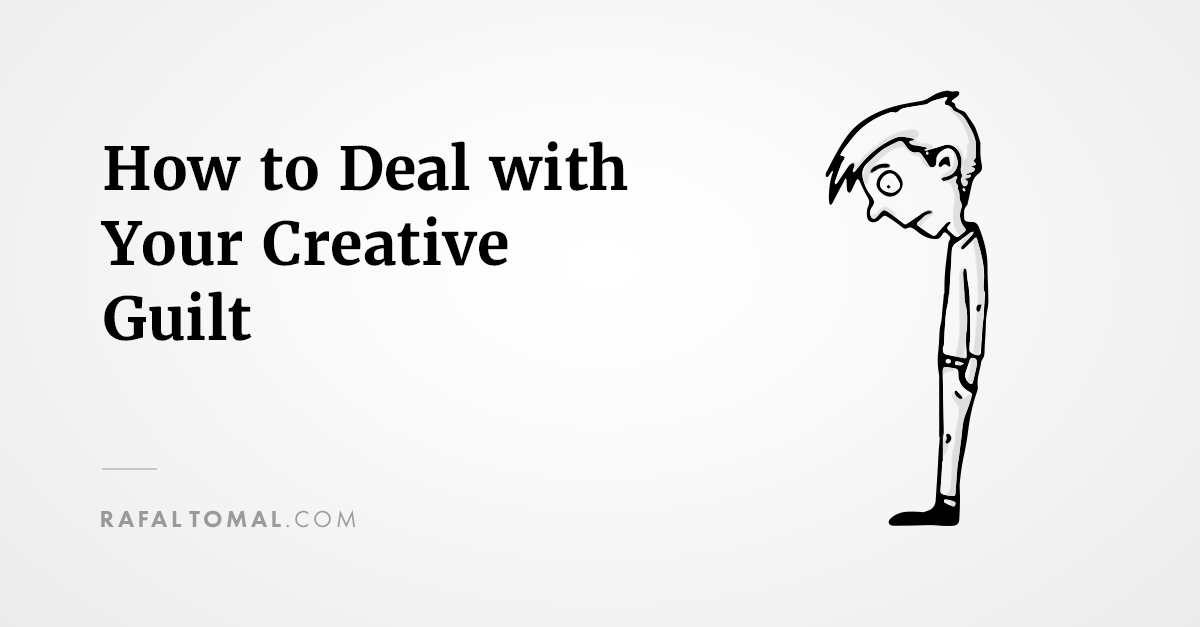
Read more about how to relieve stress.
Talking therapy beats fatigue
There's some evidence that talking therapies such as counselling or cognitive behavioural therapy (CBT) might help to fight fatigue, or tiredness caused by stress, anxiety or low mood.
See a GP for a referral for talking treatment on the NHS, or for advice on seeing a private therapist.
Cut out caffeine
The Royal College of Psychiatrists recommends that anyone feeling tired should cut out caffeine. It says the best way to do this is to gradually stop having all caffeine drinks over a 3-week period.
Caffeine is found in:
- coffee
- tea
- cola
- energy drinks
- some painkillers and herbal remedies
Try to stay off caffeine completely for a month to see if you feel less tired without it.
You may find that not consuming caffeine gives you headaches. If this happens, cut down more slowly on the amount of caffeine that you drink.
Drink less alcohol
Although a couple of glasses of wine in the evening can help you fall asleep, you sleep less deeply after drinking alcohol. The next day you'll be tired, even if you sleep a full 8 hours.
Cut down on alcohol before bedtime. You'll get a better night's rest and have more energy.
The NHS recommends that men and women should not regularly drink more than 14 units a week, which is equivalent to 6 pints of average-strength beer or 10 small glasses of low-strength wine.
Try to have several alcohol-free days each week.
Read more about how to cut down on alcohol.
Drink more water for better energy
Sometimes you feel tired simply because you're mildly dehydrated. A glass of water will do the trick, especially after exercise.
A glass of water will do the trick, especially after exercise.
Read about healthy drinks.
How to Stop Feeling Tired
How to Stop Feeling TiredBy Emily Cronkleton on December 3, 2018
It’s common for people to become tired or even fatigued in our fast-paced modern world. Many times, you may find yourself running from one activity to the next, not pausing to take the time you might need to ground, balance, and soothe your soul.
It’s not always easy to pinpoint the exact reason you’re feeling low in energy. If you’re feeling tired persistently or for reasons that aren’t apparent, make an appointment to see your doctor. It could be the sign of an underlying condition, especially if it’s interfering with your daily life.
Signs that tiredness could be something more serious include unexplained pain, fever, and headaches.
Continue reading to learn about some of the causes of tiredness and simple changes you can make to put a bit more pep in your step.
One reason to follow a healthy, balanced diet is that you’ll boost energy levels.
Ensure you’re getting enough nutrients by eating whole, fresh foods from a variety of food groups. Pair unrefined carbs with protein for sustained energy levels. Include plenty of fiber and anti-inflammatory foods.
Following a balanced diet also promotes healthy digestion, which helps to clear and cleanse your body. In fact, research has linked irritable bowel syndrome (IBS) to chronic fatigue. Certain foods might even help to prevent and manage IBS, which could be zapping your energy.
The benefits of regular exercise are widely recognized. Exercise releases endorphins that naturally boosting your energy levels. It can also lead to more high-quality sleep.
A 2008 study found that regular exercise can reduce symptoms of fatigue. In the study, 36 sedentary young adults did either low-intensity or moderate-intensity exercise over a period of six weeks. Both groups saw improvements in energy levels.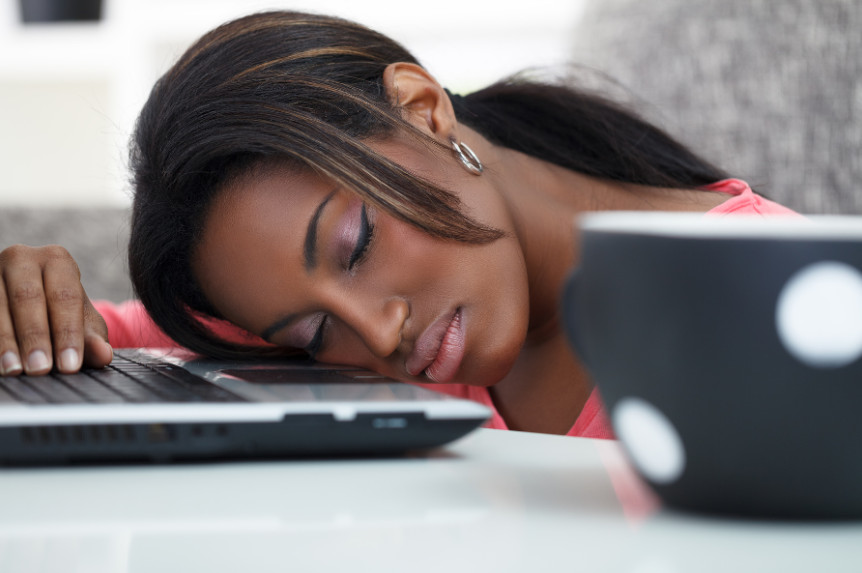
Do at least two hours of moderate-intensity exercise each week. To make it easier to stick to an exercise plan, find a workout buddy or hire a personal trainer.
Stay properly hydrated to keep your body running at optimum levels.
Dehydration can lead to low energy levels. It can also have a negative impact on your sleep by drying out your mouth and nasal passages, and can lead to snoring, hoarseness, and leg cramps. Plus, it can make you less alert and mentally clear the next day.
According to a 2014 study, increasing water intake in people who don’t usually drink enough water was found to have beneficial effects on energy. People who decreased their water intake had fewer feelings of calmness, satisfaction, and positive emotions. Feelings of fatigue and inertia were also reported in this group.
Lowering your caffeine intake can give you more energy in the long run. Though caffeine may give you an initial boost of energy, after it wears off you may be left feeling depleted.
Slowly reducing your caffeine intake will help to reduce feelings of withdrawal as you balance out your natural energy levels.
Avoid caffeine after dinnerso you can naturally wind down for a restful night of sleep.
Proper rest is essential if you want to maintain energy levels throughout the day. Relax before going to bed, possibly doing some gentle stretches. Improve your sleep area by keeping it clean and maintaining an appropriate temperature.
Other tips for better sleep include:
- Practice guided relaxation, meditation, or yoga to help you drift off to sleep.
- Buy a comfortable mattress, pillow, and blanket.
- Wear loose, natural fabrics.
- Journal before bed to clear your mind.
- Go to sleep and wake up at the same time each day.
- Use earplugs and an eye mask.
Alcohol throws your body off balance and leads to poor sleep, especially if you’re dehydrated. Even though alcohol may seem to help you fall asleep, you won’t sleep as deeply. When you do have alcohol, drink in moderation, and try to have as many alcohol-free days as possible.
When you do have alcohol, drink in moderation, and try to have as many alcohol-free days as possible.
The chemicals released by your body to combat allergic reactions can cause you to feel tired. They can bring on inflammationof your sinuses, airways, or digestive system. Accompanying head and nose congestion can cause you to sleep poorly.
These factors can contribute to brain fog, making it difficult to concentrate and complete your daily activities.
Avoid known allergens as much as possible. Keep a diary and try an elimination diet to help identify triggers.
See your doctor to determine the cause of your allergies if you’re unsure. They may recommend allergy medications or shots.
Stress can zap you of the mental and physical energy needed to carry out your day with ease. Stress hormonescan have a negative effect on your sleep patterns, bodily systems, and overall health.
Reduce stress in whatever way your heart so desires. Go to the spa for a pampering treatment or having a massage.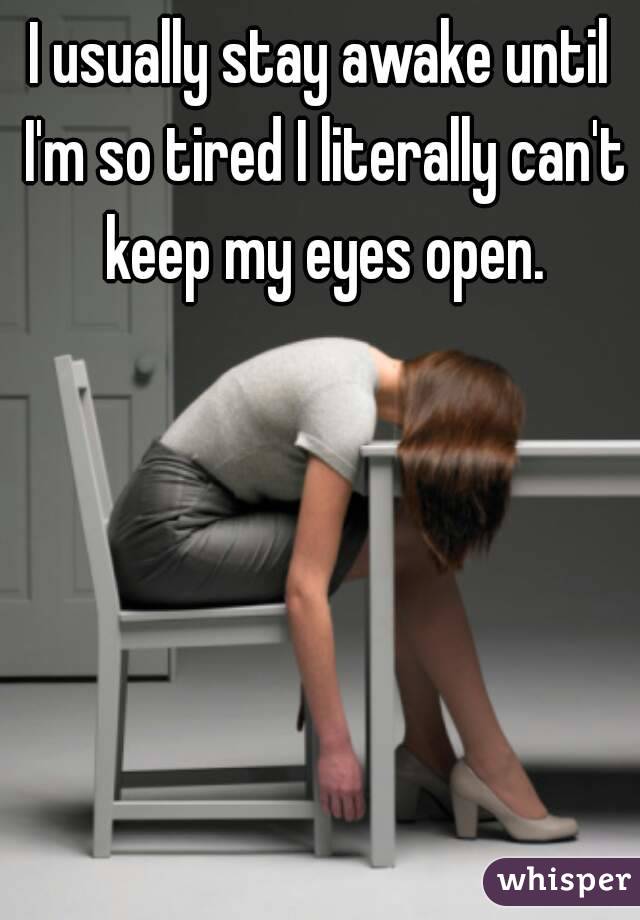 Mindfulness practices such as tai chi, meditation, and yoga are great options. Or curl up on the couch with your favorite book or television show.
Mindfulness practices such as tai chi, meditation, and yoga are great options. Or curl up on the couch with your favorite book or television show.
Check in with yourself to establish what mental patterns may be causing low energy levels. Anxiety symptoms include feeling worried, irritable, and nervous. Symptoms of depression include feeling sad, restless, and hopeless. Both conditions can lead to unhealthy sleep patterns and cause tiredness.
Consider seeing a therapist for talk therapy, known as cognitive behavioral therapy (CBT). This method helps you to get to the root cause of emotional issues so that they can be addressed and overcome.
Get up, get moving, and get your energy flowing. This is especially important if you spend a lot of time sitting.
Include short bursts of activity throughout the day, especially when you’re feeling pressed for time. Get into the habit of exercising regularly. Making simple changes such as parking your car a little bit farther away, taking the stairs, or walking to do errands are easy ways to sneak in a bit of exercise.
Anemia is an iron deficiencythat can lead to tiredness. This is due to low hemoglobin levels, which make it more difficult for oxygen to be carried to your tissues and muscles. It also weakens your immune system, making you more likely to develop illness and infection.
Anemia is more common in women than in men. Sometimes it occurs due to pregnancy or heavy menstruation. It can be treated through diet or medication.
Here are some iron-rich foods to include in your diet:
- leafy green vegetables
- fortified cereals and bread
- meat
- beans, peas, and lentils
- liver
- nuts
- whole grains
In terms of energy levels, eating smaller portions more frequently throughout the day may be more beneficial than eating a few large meals. That’s because it keeps your blood sugar levels stable.
Eating every three to four hours will make it less likely that your energy crashes, and in turn you’ll be less likely to reach for unhealthy food.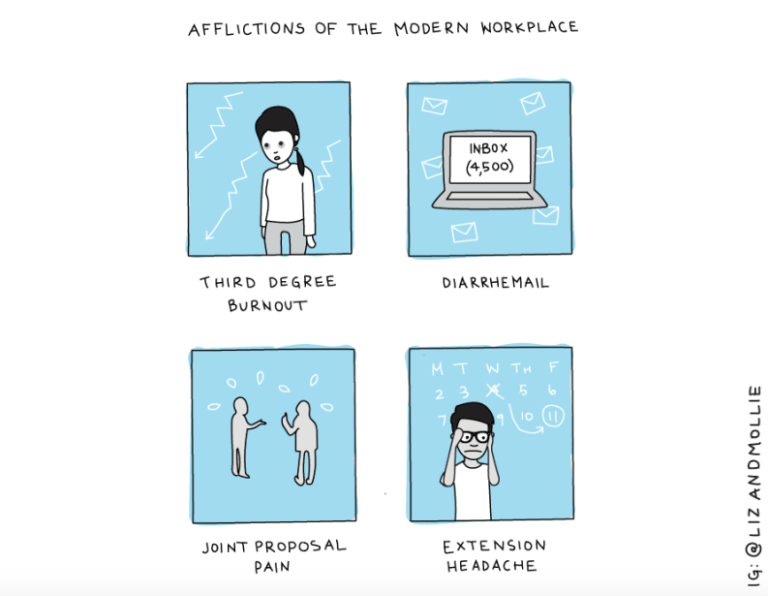
Avoid overeating at meals, and stop eating before you are entirely full.
Smoking can deplete your energy by reducing your oxygen levels, and making breathing difficult.
Quitting smoking is an attainable goal, and there are resources to help. Over-the-counter and prescription medicationsare available that may help you quit. These medications are more effective when combined with counseling.
Consider trying one of the many smoking cessation apps available. Discover tips from people who successfully quit smoking. Keep a journal so you can have some type of inner reflection during this time.
Take the time to completely unwind, relax, and let go.
Deep breathing techniques, gentle stretching, and meditation are excellent ways to unwind. Yoga nidra is the perfect way to replenish your energy.
Finding peace in nature is another way to nourish your soul, or you can simply enjoy the beauty of doing nothing.
If you feel your tiredness is unusual in some way or is coupled with other symptoms, it may be time to see your doctor.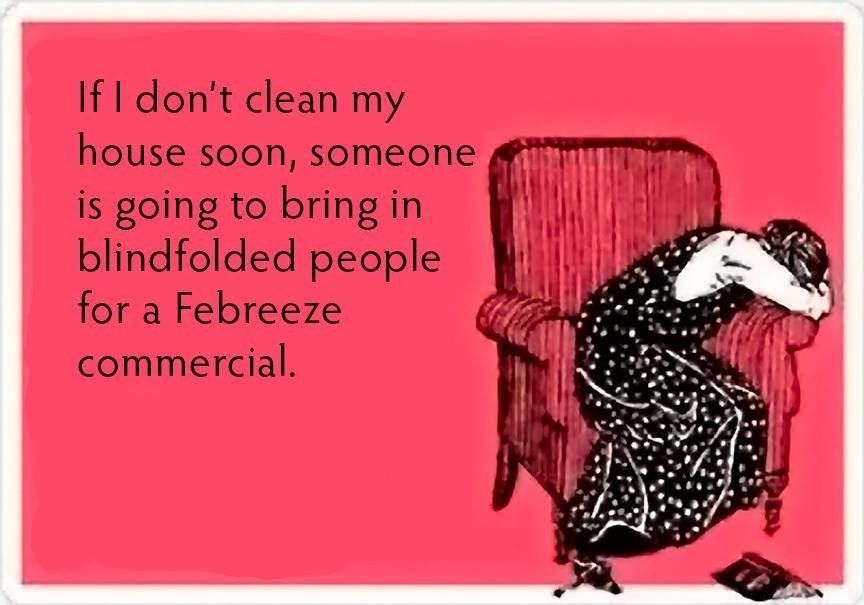 Feeling low in energy could be the result of an underlying health condition, and it’s best to check out this possibility.
Feeling low in energy could be the result of an underlying health condition, and it’s best to check out this possibility.
Conditions that can cause fatigue include:
- rheumatoid arthritis
- chronic fatigue syndrome
- fibromyalgia
- thyroidconditions
- obesity
- sleep apnea
- heart disease
- food allergies
- diabetes
- liver or kidney conditions
Make lifestyle changes to your routine to increase your vitality. Start with what is most appealing to you, and go from there. You’ll likely start to improve your energy levels so you can feel your best on a daily basis.
Above all, honor your body and how you’re feeling. Take a break and allow yourself time to rest when you need to. Avoid pushing yourself beyond your limits, and commit to a healthy plan of action.
How we vetted this article:
Healthline has strict sourcing guidelines and relies on peer-reviewed studies, academic research institutions, and medical associations. We avoid using tertiary references. You can learn more about how we ensure our content is accurate and current by reading our editorial policy.
We avoid using tertiary references. You can learn more about how we ensure our content is accurate and current by reading our editorial policy.
- Gidus T. (2017). Eating to boost energy.
eatright.org/food/nutrition/healthy-eating/eating-to-boost-energy - Healthy Families BC. (2013). How to stop feeling tired all the time.
healthyfamiliesbc.ca/home/articles/always-tired - Iron deficiency anaemia. (2018).
nhs.uk/conditions/iron-deficiency-anaemia/ - Mayo Clinic Staff. (2017). Anemia.
mayoclinic.org/diseases-conditions/anemia/symptoms-causes/syc-20351360 - Mayo Clinic Staff. (2017). Cognitive behavioral therapy.
mayoclinic.org/tests-procedures/cognitive-behavioral-therapy/about/pac-20384610 - Mayo Clinic Staff. (2018). Allergies.
mayoclinic.org/diseases-conditions/allergies/symptoms-causes/syc-20351497 - Mayo Clinic Staff. (2018). Fatigue.

mayoclinic.org/symptoms/fatigue/basics/causes/sym-20050894 - Nagy-Szakal D, et al. (2017). Fecal metagenomic profiles in subgroups of patients with myalgic encephalomyelitis/chronic fatigue syndrome. DOI:
1186/s40168-017-0261-y - Pross N, et al. (2014). Effects of changes in water intake on mood of high and drinkers. DOI:
1371/journal.pone.0094754 - Puetz TW, et al. (2008). A randomized controlled trial of the effect of aerobic exercise training on feelings of energy and fatigue in sedentary young adults with persistent fatigue [Abstract]. DOI:
1159/000116610 - Self-help tips to fight tiredness. (2108).
nhs.uk/live-well/sleep-and-tiredness/self-help-tips-to-fight-fatigue/ - Simon S. (2018). How to quit smoking.
cancer.org/latest-news/how-to-quit-smoking.html - Strong MJ. (2017). 7 simple steps to boosting energy.
mayoclinic.org/healthy-lifestyle/adult-health/in-depth/7-simple-steps-to-boosting-energy/art-20305553 - Wellness Team.
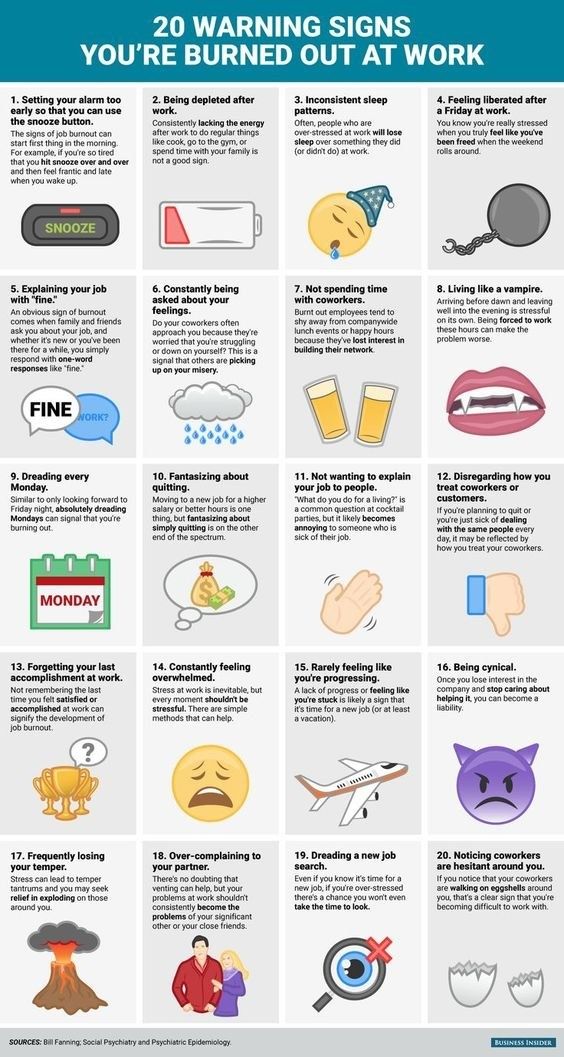 (2013). 5 ways to fight fatigue with food.
(2013). 5 ways to fight fatigue with food.
health.clevelandclinic.org/5-ways-to-fight-fatigue-with-food/
Our experts continually monitor the health and wellness space, and we update our articles when new information becomes available.
Current Version
Dec 3, 2018
By
Emily Cronkleton
Edited By
Stassi Myer
Share this article
By Emily Cronkleton on December 3, 2018
Read this next
Foods That Beat Fatigue
Medically reviewed by Natalie Olsen, R.D., L.D., ACSM EP-C
Discover a list of foods that can give you energy and help you beat fatigue.
READ MORE
Why Is My Diabetes Making Me So Tired?
Medically reviewed by Debra Sullivan, Ph.D., MSN, R.N., CNE, COI
If you have diabetes, you'll likely experience fatigue at some point. We'll tell you what you need to know.
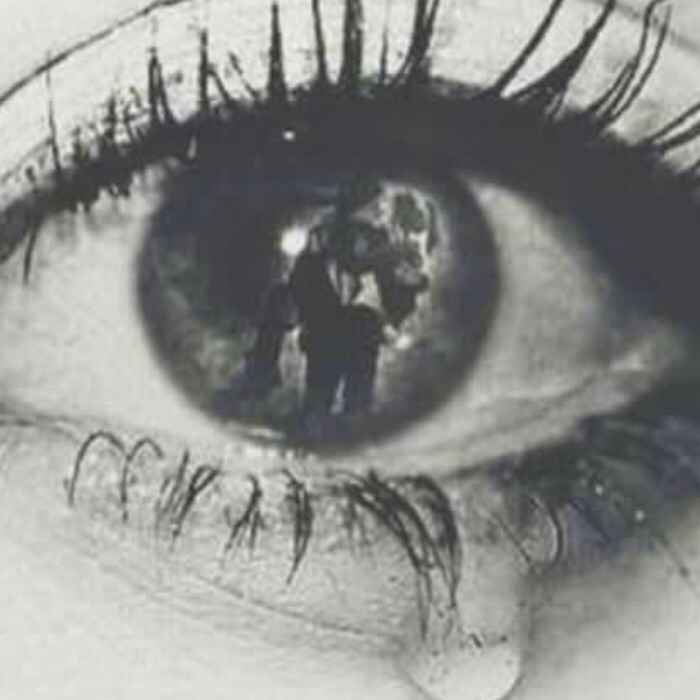
READ MORE
Can Allergies Make You Tired?
Medically reviewed by Elaine K. Luo, M.D.
Most of the time, allergens simply cause mildly uncomfortable symptoms such as coughing, itching, sneezing, skin irritation, and runny nose. Luckily…
READ MORE
Why Is My Diabetes Making Me So Tired?
Medically reviewed by Debra Sullivan, Ph.D., MSN, R.N., CNE, COI
If you have diabetes, you'll likely experience fatigue at some point. We'll tell you what you need to know.
READ MORE
How to Handle Risky Internet Trends Like TikTok's NyQuil Chicken Challenge
Medically reviewed by Grant Tinsley, Ph.D., CSCS,*D, CISSN
Dangerous TikTok trends aren't going away. Here's how to discuss it with young people you know.
READ MORE
18 Easy & Green DIY Recipes to Clean All the Things, Plus Health Benefits
Medically reviewed by Debra Rose Wilson, Ph.
 D., MSN, R.N., IBCLC, AHN-BC, CHT
D., MSN, R.N., IBCLC, AHN-BC, CHTTry these simple, natural recipes for a sparkling clean home that's easy on the planet and your wallet.
READ MORE
For Infants and Young Kids With Eczema This Treatment Can Reduce Symptoms by 75%READ MORE
The Best Lifting Techniques to Move Heavy Stuff
Medically reviewed by Danielle Hildreth, RN, CPT
What does it actually mean to lift with your legs? Here's a breakdown of the best lifting techniques for protecting your back and getting the job done.
READ MORE
80% of Pregnancy-Related Deaths in U.S. are Preventable, Half Occur After Giving Birth
Four out of five pregnancy-related deaths in the United States are preventable, according to a new report from the CDC. The most common causes of…
READ MORE
How to deal with tiredness and sleepiness in the afternoon
September 22, 2015Productivity
It is difficult to stay energetic and focused for eight hours at work - in the afternoon there is often a decline in productivity. We'll show you where to get your much-needed energy for work, how to make the most of your moments of maximum focus, and how to get through your day's productivity dips.
We'll show you where to get your much-needed energy for work, how to make the most of your moments of maximum focus, and how to get through your day's productivity dips.
Iya Zorina
Author of Lifehacker, athlete, CCM
Share
0“It's unrealistic to expect to be at work all day,” says Carson Tate, author of a book on productivity. “Just as you wouldn’t expect to be able to walk at a fast pace for eight hours straight, don’t expect yourself to be completely focused and strategically thinking for such a long time.”
Even worse, some of us still don't get enough sleep: we come to work with less than six hours of sleep a night. This is clearly not enough for high productivity during the day, and the consequences of lack of sleep can greatly harm the work.
Here are some tips to help you feel more energetic during your work day.
Tasks match your energy level
“There are several optimal times for creative tasks and work that requires concentration,” says Christopher Barnes, assistant professor of management at the University of Washington Business School.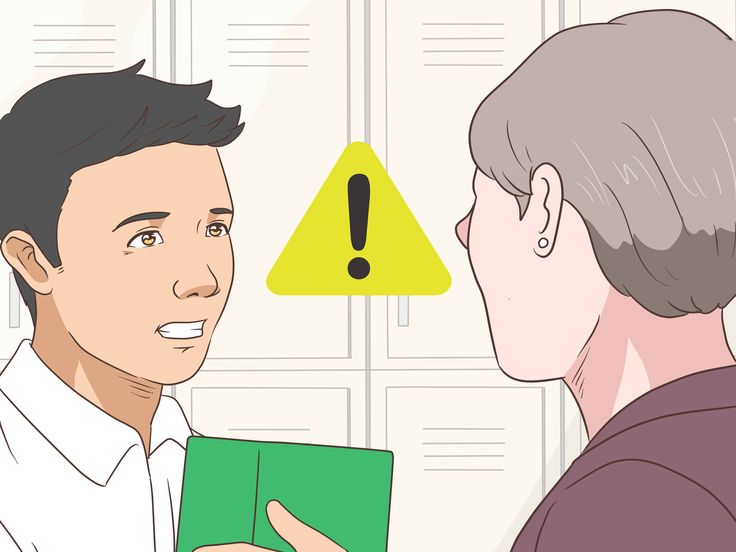 “Most people think better in the middle of the morning and late in the evening.”
“Most people think better in the middle of the morning and late in the evening.”
You must adjust your circadian rhythms and work schedule, make a list of tasks depending on the ups and downs of activity during the day.
Tate advises doing "any job that requires attention to detail," such as writing, making big decisions, or programming, during high energy hours. And during a decline in energy, you can take on tasks that do not require special concentration: checking mail, filling out expense reports, making phone calls. In other words, perform tasks that can be done automatically.
Get up and move
Any physical activity temporarily increases alertness and energy levels.
Move for just 10 minutes and your energy and ability to concentrate will increase significantly.
Carson Tate
You can walk around the office building, go up and down the stairs a few times, jump or push up a few times, stretch right at your desk. The main thing here is the movement, which helps to fill the body with oxygen and relieve fatigue, both physical and mental.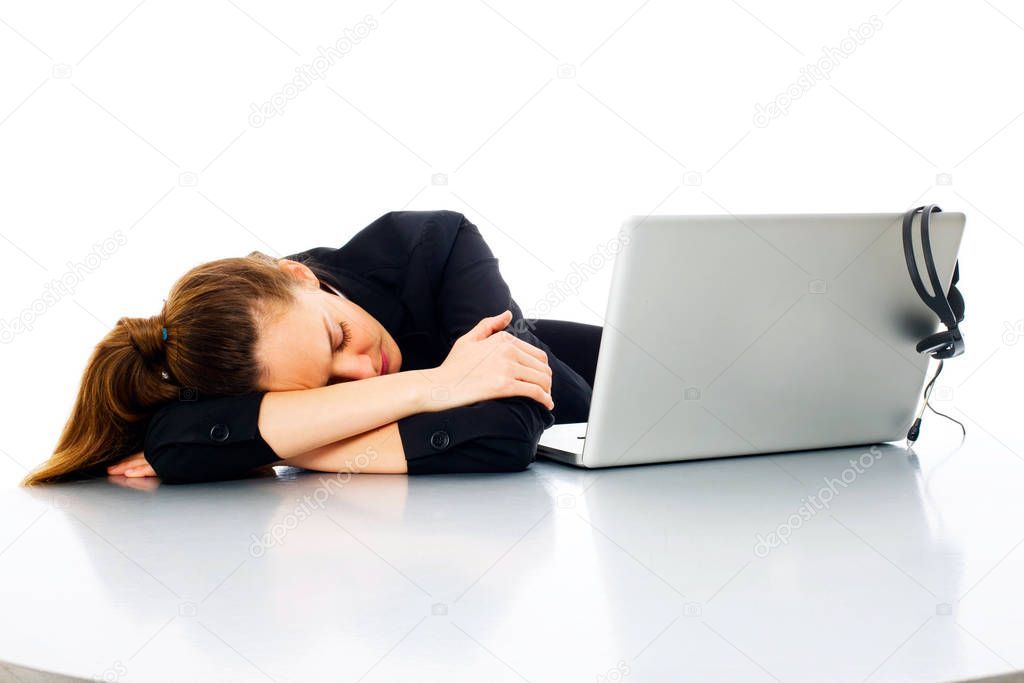
If you have a meeting scheduled, you can do it on the go, taking your employees or partners for a walk. And think about how you can build physical activity into your weekly schedule. "If you move regularly," says Burns, "your normal energy level goes up."
Meditate at your desk
Steve Jobs did this for many years. Ray Dalio, head of the world's largest hedge fund, Bridgewater Associates, said it makes him feel like a ninja in combat. What is their secret weapon? Meditation.
Concentration exercises are a great way to recharge your energy throughout the day. Research shows that even a few minutes of meditation a day can reduce stress levels and increase a tired brain's ability to concentrate. This is a period of rest during which people stop worrying, which in turn saves a lot of energy.
It is also important to watch your breathing during meditation. Five to seven deep belly breaths will provide enough oxygen to keep you alert and energized.
Avoid caffeine addiction
Drinking coffee often seems to help with afternoon sleepiness. "Coffee doesn't really give you energy," Burns says. “Caffeine just masks lethargy and low concentration by blocking the chemical reactions in the body that make you feel tired.”
Although it works for a while, caffeine, like other drugs, soon wears off. You get less and less effect, and you need more and more coffee just to work normally.
So don't get hooked on coffee, use it rarely, only when you really need extra energy, for example at an important meeting once a month, if you hardly slept the night before. Coffee at three in the afternoon should not become a habit.
Listen to music
Music is a great way to both cheer up and calm down. Just as you use music to keep you energized during your workout, you can energize yourself with your favorite track at work.
Which music is best suited for this depends on your tastes. Someone prefers fast rhythms to maintain energy, someone prefers calm compositions that help clear the mind and concentrate.
If lyrics distract you, try listening to instrumentals in different styles. Sooner or later you will find your ideal "working" tracks.
Turn off your gadgets before bed
If you sit at your computer, tablet or smartphone at night, you will have less energy the next day. Blue light from the screens of gadgets and computers reduces the production of melatonin, a substance that provides the body with healthy sleep.
“It's very important to avoid using your smartphone or tablet two hours before bed,” says Burns. “The worst thing you can do is use your smartphone while lying in bed.”
If you need to do something important at night - check your mail or read something, use apps like Twilight for smartphones, and f.lux for computers, so that at night the display begins to emit red light instead of blue. Or buy orange Uvex glasses or similar models from other brands that block blue light from the screens.
Get at least 7-8 hours of sleep
This is a simple rule that can't be helped.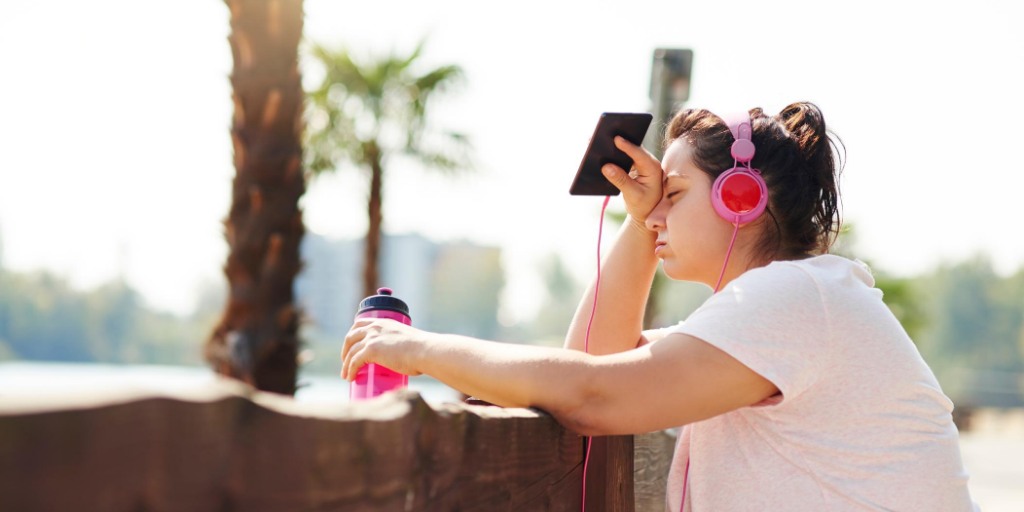 To feel energetic and cheerful during the day, you need to sleep well at night.
To feel energetic and cheerful during the day, you need to sleep well at night.
“If you want to be good at something, go to bed,” says Tate.
“Sleep is the number one predictor of success,” agrees Burns. “People think that five or six hours of sleep is enough for them and everything will be fine. But even a small lack of sleep will have a noticeable negative effect.”
A study conducted in 2009 found that people who sleep five hours a night for four days, significantly inhibited cognitive function. When performing the simplest tasks, they showed the level of efficiency characteristic of drunk people with an alcohol level of 0.6 ppm (for men of average weight, this is two bottles of beer).
If you regularly get eight hours of sleep a night, energy drops will be less severe and easier to control.
Let's summarize the main principles.
What to do:
- Meditate or do breathing exercises when you feel tired and sleepy.
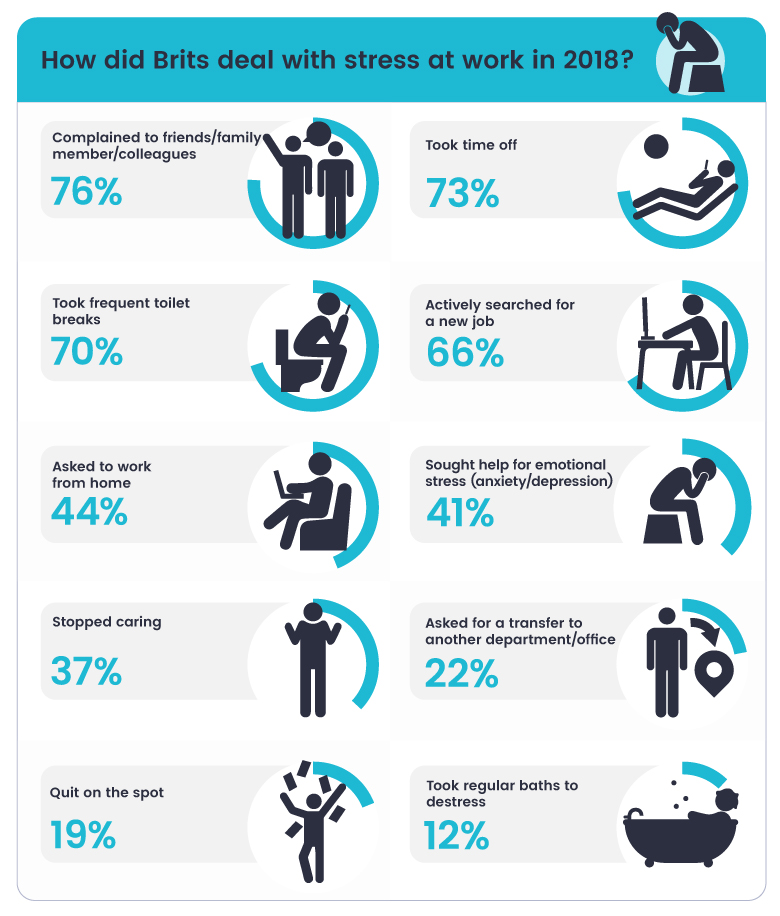
- Set aside gadgets at least an hour before bedtime and try to get 7-8 hours of sleep regularly.
- Use music to motivate and increase energy.
Do's and Don'ts:
- Perform creative tasks and work that requires concentration during an energy slump. Leave these tasks for periods of vivacity and a burst of energy.
- Sitting at your desk all day. Take small walks, stretch, do exercises to increase energy levels.
- Depend on coffee during your afternoon energy slump.
And now for some real examples of how the above methods helped to cope with fatigue during the day and get more done.
Case Study #1 Energizing Through Meditation
Dan Scalco often struggled with afternoon fatigue. As the CEO of Digitalux, a digital marketing company based in Hoboken, NJ, Dan worked 12-hour shifts, managing customer situations and managing his team.
He tried taking supplements and multivitamins, going to the gym, even trying occasional short naps in the office to regain his energy. But nothing helped him cope with the afternoon fatigue.
But nothing helped him cope with the afternoon fatigue.
Then he became interested in what strategies helped successful businessmen, and found that many of them use meditation practices.
At first he was skeptical, because he always saw meditation as a frivolous activity that only hippies are interested in. But the more he read about its benefits, the more he wanted to try it.
The effect of meditation followed immediately. Dan felt more energized, his stress levels decreased, and his focus increased while interacting with clients and the team.
Now he tries to meditate for at least 15-20 minutes, usually between 2:30 pm and 3:00 pm. He sits on an office chair, puts his hands on his knees, closes his eyes and repeats a mantra to himself.
“It's like taking a 20-minute vacation every day,” he says. “Afterward, I feel like my brain has been recharged. I can honestly say that meditating at least once a day has changed my life. She gave me inexhaustible reserves of energy and greatly increased my productivity.
Example #2: Make the Most of Your High Efficiency Watch
Ryan Hulland was terribly tired. Vice president and co-owner of Monitoring Management (MonMan), an electrical and HVAC supplier, he spent long weeks at work trying to expand the business. And in the evenings, he helped put his three-year-old child to bed, after which he again returned to the computer to finish the work.
He started drinking more coffee and energy drinks, but found that they did not provide a consistent effect over time.
Ryan tried to go for a walk regularly, usually after lunch. He realized that physical activity helps him to be more alert and encourages creative ideas. But when he returned from a walk refreshed and full of energy, he often had to solve routine tasks from his to-do list, which instantly negated the positive effect of the walk.
Then he began to write his to-do list on an office whiteboard and divide it into three columns. The first column, "Fun," included activities that required creativity, such as writing articles for the company's blog. The second column, "Stuff," included more routine tasks that didn't require concentration or much mental activity, such as filling out paperwork. And the third column - "Urgent" - included things that needed to be done, no matter how he felt.
The second column, "Stuff," included more routine tasks that didn't require concentration or much mental activity, such as filling out paperwork. And the third column - "Urgent" - included things that needed to be done, no matter how he felt.
I tried to relate the things on my list to how I feel at a particular time. When I have a lot of energy, I like to do interesting creative tasks, and when fatigue sets in, I do boring, routine things.
Ryan Halland
Ryan says that with his new to-do list format, he gets better results and gets more done when his energy is high. And instead of mindlessly surfing the Internet during periods of fatigue, he performs routine tasks from his "Stuff" column.
“Now it rarely happens during the day that I don't have anything to do,” he says. At the same time, Ryan works the same hours as before his experiment with speakers, but spends this time 20-30% more efficiently. And when he comes home at night, he feels less tired than before.
As you can see, there is no universal way. Meditation helps someone, someone works better by rationally distributing tasks. Try all the ways, and you will surely find something that will help you cope with fatigue in the afternoon.
How to cope with fatigue: 10 effective tips
November 15, 2017Life
Recommendations on how to overcome lack of energy are usually boring and monotonous. We have collected only interesting and working methods.
Share
1. Find out what is wrong with the body
It is normal when a person is tired after a hard day at work or an intense workout. It is not normal when fatigue does not let go even on weekends and you are so tired that you cannot rest. But that also happens. Before you start doing anything, make sure it's really tired and not a symptom of something bigger.
Fatigue is a symptom of certain diseases.
Diabetes, depression, thyroid problems, anxiety, anemia and even snoring are diseases that signal fatigue Why am I tired all the time?. To check with an endocrinologist and do a couple of blood tests, you need no more than a week, but you will find out what the reason for feeling unwell is: in a disease or lifestyle.
To check with an endocrinologist and do a couple of blood tests, you need no more than a week, but you will find out what the reason for feeling unwell is: in a disease or lifestyle.
2. Learn to sleep properly
A trite, but constantly tired person, most likely, does not sleep well: he suffers from insomnia, shallow sleep, or lack of time to rest. If you think that you have no time to sleep, remember: you need to sleep not 8 hours, but correctly.
This is what it means 10 tips to beat insomnia..
- Go to bed at the same time.
- Sleep in the dark.
- Sleep in silence.
- Sleep in a cool bedroom with an open window (air temperature 16-18°C).
- Sleep on a flat mattress and under a warm blanket.
There are many other ways to improve sleep, but in practice, few even follow the rule of a cool bedroom. So try starting with that.
3. Find fuel
Energy comes from burning fuel, our fuel is food.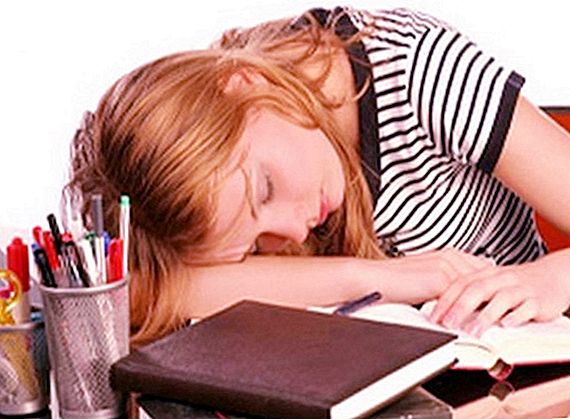 If diesel fuel is poured into a car with a gasoline engine, then, of course, it will go, but not far. It is the same with our body: if we feed it with anything, we will not be able to get enough energy. We have already written many times about how to eat right, but fatigue is a trap. To stick to a meal plan, regularly buy the right foods, cook them, not break down, you need a schedule and strength. And they are not.
If diesel fuel is poured into a car with a gasoline engine, then, of course, it will go, but not far. It is the same with our body: if we feed it with anything, we will not be able to get enough energy. We have already written many times about how to eat right, but fatigue is a trap. To stick to a meal plan, regularly buy the right foods, cook them, not break down, you need a schedule and strength. And they are not.
Start with three simple steps:
- Cut down on coffee Self-help tips to fight fatigue., paradoxical as it sounds. Coffee and other tonic drinks are energy on loan. You will spend more than you can afford, and you will have to pay with a lack of strength.
- Snack on nuts and cottage cheese instead of sweets and fast food. Protein foods help to cope with lack of energy better than sweets and coffee.
- Grab flaxseed snacks, they are high in antioxidants. However, more is needed about them.
4. Use nutritional supplements with antioxidants
One of the reasons we constantly feel tired is free radicals. These are unstable molecules, they are usually formed as a result of vital activity, especially after exercise. The body copes with this amount of free radicals, but we can get an additional portion from the environment: cigarette smoke, car exhaust, ultraviolet radiation. When there are too many free radicals, the body falls into oxidative stress, the consequences of which are failures in energy production, cell destruction, the development of diseases and accelerated aging.
These are unstable molecules, they are usually formed as a result of vital activity, especially after exercise. The body copes with this amount of free radicals, but we can get an additional portion from the environment: cigarette smoke, car exhaust, ultraviolet radiation. When there are too many free radicals, the body falls into oxidative stress, the consequences of which are failures in energy production, cell destruction, the development of diseases and accelerated aging.
Antioxidants are molecules that counteract oxidative stress, neutralize free radicals, protect our cells and restore energy production.
For chronic fatigue use nutritional supplements Chronic Fatigue Syndrome Treatment., which contain antioxidants. Such as the antioxidant complex "Synergin" - a dietary supplement (not a medicine).
Synergin contains six high-dose antioxidants: coenzyme Q 10 , lycopene, rutin, vitamins C and E, beta-carotene. All these substances are found in the usual products: meat, vegetables, berries. Another thing is that the amount of antioxidants in food is small, we simply cannot eat so much food to get the right amount of antioxidants. This is what Synergin is fighting against: in two capsules there are enough antioxidants to provide the body and not exceed the permissible level of consumption.
Another thing is that the amount of antioxidants in food is small, we simply cannot eat so much food to get the right amount of antioxidants. This is what Synergin is fighting against: in two capsules there are enough antioxidants to provide the body and not exceed the permissible level of consumption.
While the antioxidants within us are at war with free radicals, we feel tiredness receding, strength and a desire to do more for ourselves appear.
5. Take breaks from work
When there is so much to do that you can't clear it, stop! Understand that Bolivar will not endure so much, decide which tasks must be done by all means, and which will wait. In the list of the most important tasks of the day, the first item should be “Rest”.
Do those things that you must do, and if after that there is no strength left, rest. The most important things will be completed, and you can, without feeling remorse, switch and collect energy.
Plan your day in the evening, but adjust your plans in the morning. We wake up with a different supply of energy, and if you feel like you're falling, barely brushing your teeth, then it's better to redraw plans: leave the most important thing to devote more time to rest.
We wake up with a different supply of energy, and if you feel like you're falling, barely brushing your teeth, then it's better to redraw plans: leave the most important thing to devote more time to rest.
6. Learn to move
Movement and physical activity is the last thing you want to do when you are tired. What kind of gym can we talk about if there is no strength at all for anything? But we are made to be on the move Rev Up Your Energy.. When we move little, all processes in the body automatically stop: the body slowly processes food, slowly starts working and slowly adjusts to rest. It turns out a vicious circle: we get tired and therefore move little, but as a result, the body reserves less energy for movement and reduces its production.
There is a way out: when tiredness haunts you, you should start with walks.
Nothing else. Put on something very comfortable, go outside, not somewhere, but just like that, without a goal.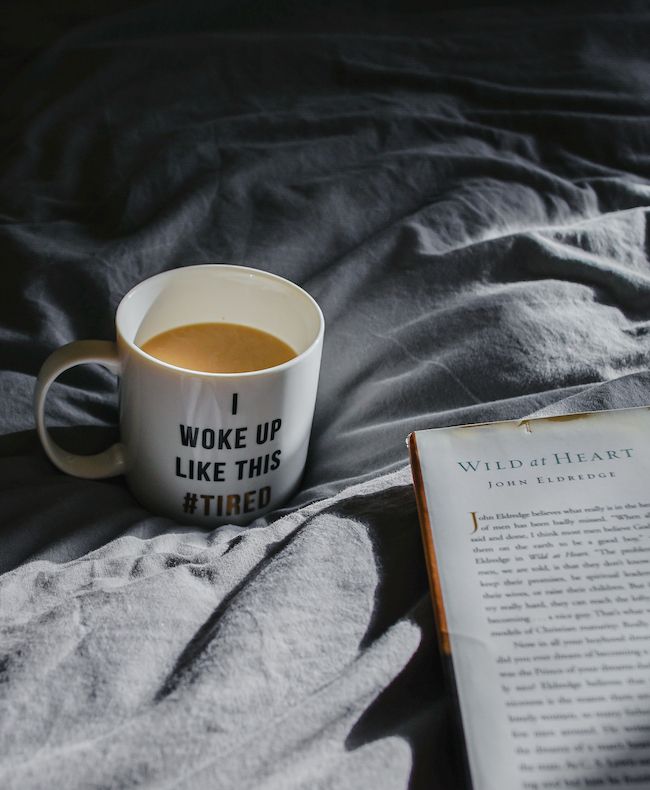 You can’t: sit, wander around the shops, go to the nearest stall for fast food. You can: walk.
You can’t: sit, wander around the shops, go to the nearest stall for fast food. You can: walk.
How do you warm up when you have to go outside but don't feel like it? Start breathing. Take a deep breath and exhale sharply until you realize that you are ready to stretch your neck and do at least 10 squats.
7. Learn to Say No
Sometimes we get tired because we can't say "no" and agree to all projects, help with all requests, take on too much. We manage, but to our own detriment.
Give yourself a break. Don't stay at work until late, redoing work for colleagues - they can handle it themselves. Give up the party - friends will understand, and you will rest and get enough sleep. Say "no" when asked to do something again. Think about yourself.
8. Get a massage
At home after a hard day, try massage Chronic Fatigue Syndrome - Other Treatment. feet, hands, stretch your neck and face. Of course, it's great if someone gives you a massage, but if there are no people willing, buy a gymnastic roller or take a tennis ball to stretch the most tense parts of the body: neck, back, feet.
If you are so tired that you suffer from insomnia, can not concentrate on work and lose your appetite, sign up for a therapeutic or relaxing massage. It becomes easier under the hands of professionals.
9. Go to the sauna or steam bath
Warmth makes the blood run faster, helps to relax and tones at the same time. Take a warm bath, lie in it for 15 minutes or go to the bath or sauna. Just do not sit too long in the steam room: you did not come for extreme loads, but for rest and recovery.
10. Learn to switch from work to leisure
Work must be left at work, do not carry it home even in your thoughts. Do not check your work email at home, do not write to colleagues about unfinished business or questions that can wait until tomorrow (in fact, most of the questions are like that), do not go to the corporate chat if you have one. If a super-responsible event is planned at work tomorrow, then worries about it are appropriate, but such events happen no more than two or three times a year.
